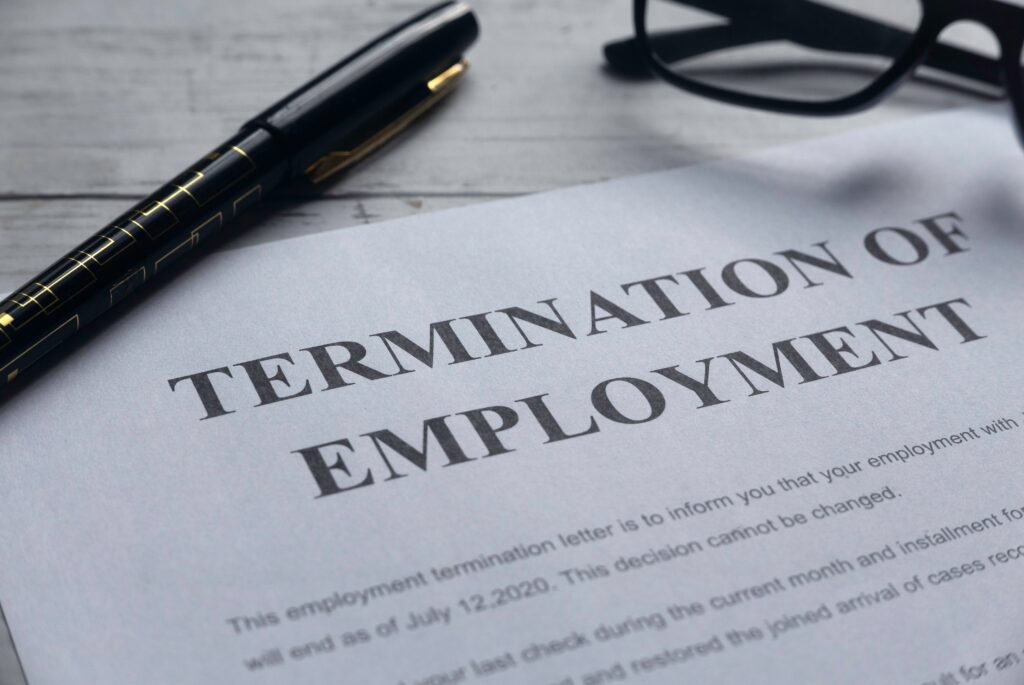Garden Leave
Garden leave is a term used in employment and labor law, primarily in the United Kingdom and some other countries, to refer to a situation where an employee is required to stay away from work during their notice period after resigning or being terminated by their employer. During this period, the employee continues to receive their salary and benefits, but they are not allowed to perform their regular job duties.
The term is derived from the idea that the employee is essentially free to “tend to their garden” or engage in other personal activities during this time, rather than being actively involved in their workplace. This article delves into the intricacies of garden leave, shedding light on what it entails, why it matters, and how it works.

What is Garden Leave
The term “garden leave” refers to a unique employment arrangement designed to manage the transition period when an employee’s contract with their current employer is terminated or they resign. During this period, the employee is formally still on the payroll but is typically required to stay away from the workplace, refrain from performing their usual duties, and is sometimes prohibited from seeking or engaging in new employment. Instead of being at the office, they are figuratively in their garden, hence the name.
How does Garden Leave work?
Garden leave is essentially a strategic pause between an employee’s notice period of resignation or termination and their departure from the company. It is typically enforced through a garden leave clause within the employment contract. This clause stipulates the terms and conditions under which an employee can be placed on garden leave.
What are the Main Types of Garden Leave?
There are typically two main types of garden leave:
- Paid Garden Leave: In this type, the employee continues to receive their full salary and benefits as per their employment contract.
- Unpaid Garden Leave: Here, the employee is placed on leave without pay, but other contractual benefits such as insurance may still apply.
Why Garden Leave Matters
The primary goal of garden leave is to safeguard the interests of the current employer, especially when dealing with senior employees or those who have access to sensitive information, trade secrets, or client relationships. It provides a buffer during which the employee remains bound by their contractual obligations, including non-compete agreements and the protection of company property and client relationships.
During the garden leave period, the employee usually continues to receive their normal salary and contractual benefits, ensuring financial stability while adhering to the terms of the employment agreement.
Examples of Garden Leave and Its Benefits
There are several reasons why to put employees on garden leave:
- Protection of Company Interests: It prevents departing employees from immediately joining competitors and using insider knowledge to the detriment of the former employer.
- Smooth Transition: It allows the company time to transition and mitigate the potential impact of losing key employees.
- Compliance with Employment Laws: Many jurisdictions have specific regulations about notice periods and garden leave, which companies must adhere to.
Imagine a senior executive resigns from a company. To protect their trade secrets and client relationships, the company places an employee on gardening leave for three months. During this time, the executive continues to receive their salary and benefits, ensuring a smooth transition period for the company.

What Garden Leave Features Does Sloneek Offer?
Sloneek, as an HR software solution, offers various features to facilitate garden leave management. These include automated notifications, compliance tracking with employment laws, and easy access to documentation for legal advice and contractual benefits. Sloneek helps HR professionals streamline the garden leave process, ensuring smooth transitions while protecting company interests.
Additionally, Sloneek can help maintain accurate records of paid leave, benefits, and communication with departing employees, enhancing transparency and reducing administrative burdens. By integrating Sloneek into their HR processes, organizations can optimize the garden leave experience, benefiting both employees and the company while maintaining legal compliance.
Conclusion
In the intricate landscape of employment agreements and termination of employment, garden leave stands out as a valuable tool. It serves as a protective measure for companies, especially when dealing with key employees, trade secrets, and client relationships. Understanding its nuances and the benefits it provides can help both employers and employees navigate this period effectively.
FAQ’s
Q1: Is garden leave mandatory?
A: Garden leave is not mandatory in all cases. Its applicability depends on the employment contract and local employment laws.
Q2: Can an employee seek legal advice while on garden leave?
A: Yes, employees can seek legal advice during garden leave, especially if they have concerns about the terms of their leave or contractual benefits.
Q3: What happens if an employee violates the garden leave clause?
A: Violating the garden leave clause can have legal consequences, including potential lawsuits for breach of contract.
Q4: Can an employee work elsewhere during garden leave?
A: The terms of garden leave can vary. Some contracts allow employees to work elsewhere, while others may restrict any form of employment during this period.
We are here for you
Can we help you?
Our experts will answer questions, show you Sloneek , and help modernize your HR.
- Superior onboarding
- Introduction of all functionalities
- Presentation and offer tailored to your HR
- Answer any questions






